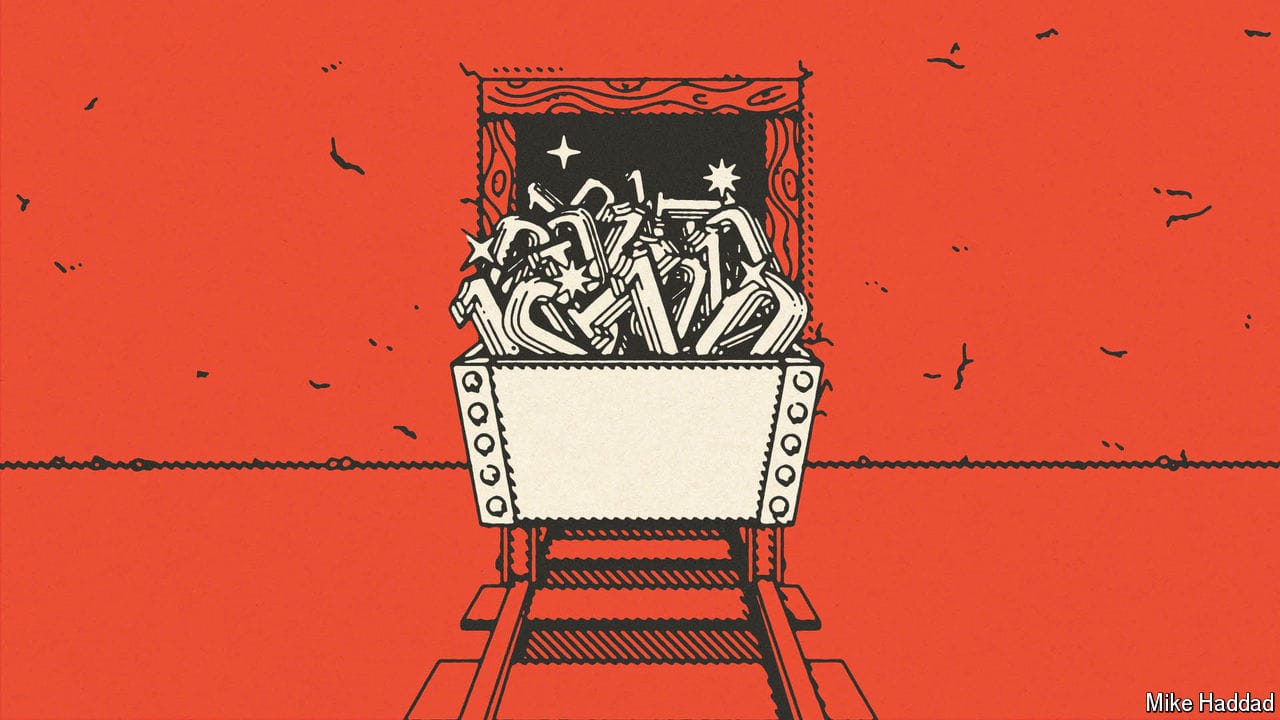Say’s law: supply creates its own demand
The third brief in our series looks at the reasoning that made Jean-Baptiste Say famous

IN 1804 Jean-Baptiste Say enrolled in the National Conservatory of Arts and Crafts in Paris to learn the principles of spinning cotton. The new student was 37 years old, points out his biographer, Evert Schoorl, with a pregnant wife, four children and a successful career in politics and letters trailing behind him. To resume his studies, he had turned down two lucrative offers from France’s most powerful man, Napoleon Bonaparte. The ruler would have paid him handsomely to write in support of his policies. But rather than “deliver orations in favour of the usurper”, Say decided instead to build a cotton mill, spinning yarn not policy.
Napoleon was right to value (and fear) Say’s pen. As a pamphleteer, editor, scholar and adviser, he was a passionate advocate for free speech, trade and markets. He had imbibed liberal principles from his heavily annotated copy of Adam Smith’s “The Wealth Of Nations” and bolstered his patriotic credentials in battle against Prussian invaders. (During breaks in the fighting, he discussed literature and political economy with other learned volunteers “almost within cannonballs’ reach”.)
This article appeared in the Schools brief section of the print edition under the headline “Glutology”
More from Schools brief

The race is on to control the global supply chain for AI chips
The focus is no longer just on faster chips, but on more chips clustered together

AI firms will soon exhaust most of the internet’s data
Can they create more?

A short history of AI
In the first of six weekly briefs, we ask how AI overcame decades of underdelivering
Finding living planets
Life evolves on planets. And planets with life evolve
On the origin of “species”
The term, though widely used, is hard to define
Making your way in the world
An individual’s life story is a dance to the music of time
